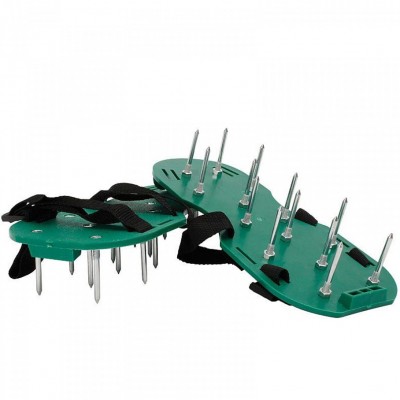Do you know what common house plants are safe for your dogs? In this blog, we take a look at some common plant types that are safe and others that are not safe for our pets.
Skip to: What makes plants toxic to dogs? Symptoms of plant poisoning in dogs, How can I prevent my pet from getting sick? What plants are dangerous for dogs? What plants are safe for dogs?
What Makes Plants Toxic for Our Pets?
Different types of plants contain various substances, all which can differently impact our pets. While some plants are harmless, others can cause mild side effects, and others can cause significant harm. There are some factors which can increase the severity of a reaction, including the amount ingested, size of your dog, age and overall health of the dog.

Common Symptoms Your Pet May Have from Plant Poisoning
Some common symptoms that your pets are experiencing plant poisoning include vomiting, diarrhoea, drooling, tremors, pain, difficulty breathing and heart rhythm abnormalities. If your pet is experiencing any of these symptoms, it is best to consult with your local vet as soon as possible.
What Can I Do to Help Prevent My Dog from Getting Sick?
The first step is to know what plants your pets are exposed to at home. Then you will be able to assess the plants toxicity. For a full and detailed list of that plants are toxic to your pets, check out ASPCA’s extensive list here.
What Plants Are Not Safe for Dogs?
There is also a wide variety of plants that you should be cautious about when you have pets. Below are ten common plants that are not safe for your dog:
- Aloe Vera (Aloe barbadensis). Aloe Vera is safe around dogs but can cause harm when ingested.
- Amaryllis (Amaryllis spp.). This plant contains lycorine at its bulb which is not safe for pets.
- Azalea (Rhododendron spp.). Azalea’s contain cardiovascular toxins which can weaken the heartbeat of your pets.
- Begonia (Begonia spp.). Although the most toxic part of the plant is underground, it is best to keep your pets away.
- Chrysanthemum (Chrysanthemum spp.). Chrysanthemums contain chemicals including pyrethrin and sesquiterpene which are toxic to pets.
- Cyclamen (Cyclamen spp.). Cyclamen contains triterpenoid saponins, which can cause extreme irritation. This plant contains its highest concentration of triterpenoid saponins at the plant’s roots, so if your pet happens to get the plant roots, it can cause serious health effects.
- Daffodil (Narcissus spp.). Daffodils flowers and underground bulbs contain the toxin lycorine. Like other plants with bulbs, the highest concentration will be at the bulb of the plant.
- Dieffenbachia (Dieffenbachia spp.) Dieffenbachia if ingested can cause burning and swelling of the mouth.
- Foxglove (Digitalis purpurea) Although these plants are stunning to look at, they can be highly toxic if eaten, causing sever nausea and vomiting.
- Lantana (Lantana camara) Lantana is not only a noxious weed but is toxic to pets. If you do happen to spot some of this plant growing in your garden, it is best to remove it as soon as possible.
What Plants Are Safe for Use Around My Dogs?
A wide variety of plants are safe for use around dogs. A few of our favourite plants are:
- African Violet (Saintpaulia)
- Petunias (Petunia)
- Callistemon (Bottlebrush)
- Grevillea (Spider Flower)
- Sunflowers
- Areca Palm (Dypsis lutescens)
- Polka Dot Plant (Hypoestes phyllostachya)
- Spider Plant (Chlorophytum comosum)
- Zebra Plant (Aphelandra squarrosa)
- Magnolia Trees
For more lawn care tips and advice, make sure you check out our other lawn care blogs here.


